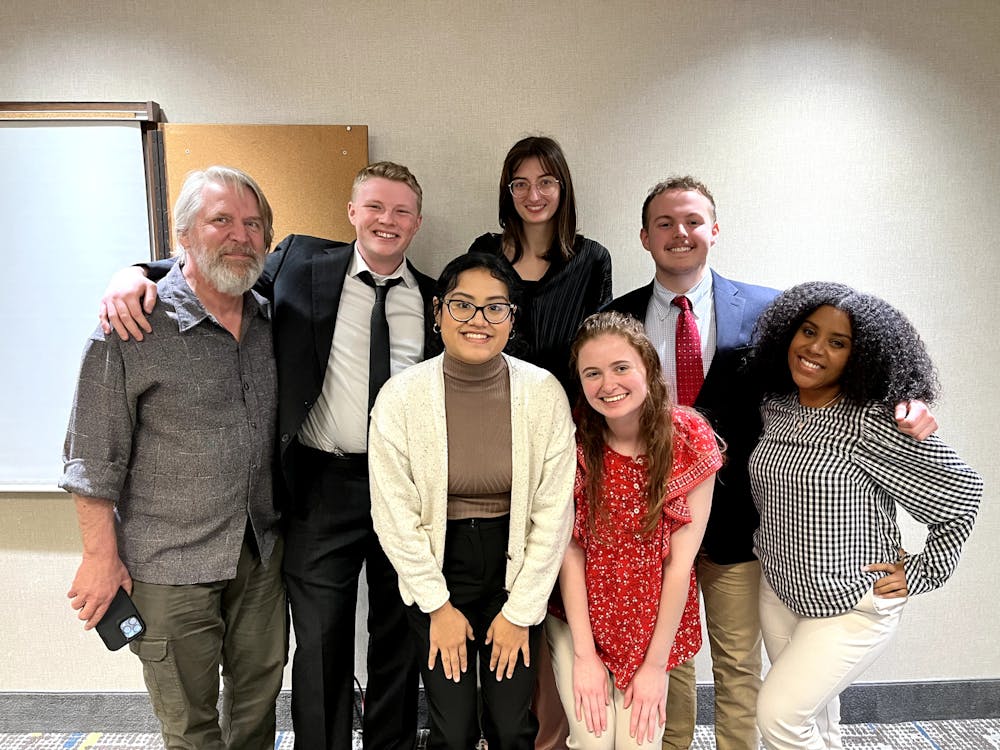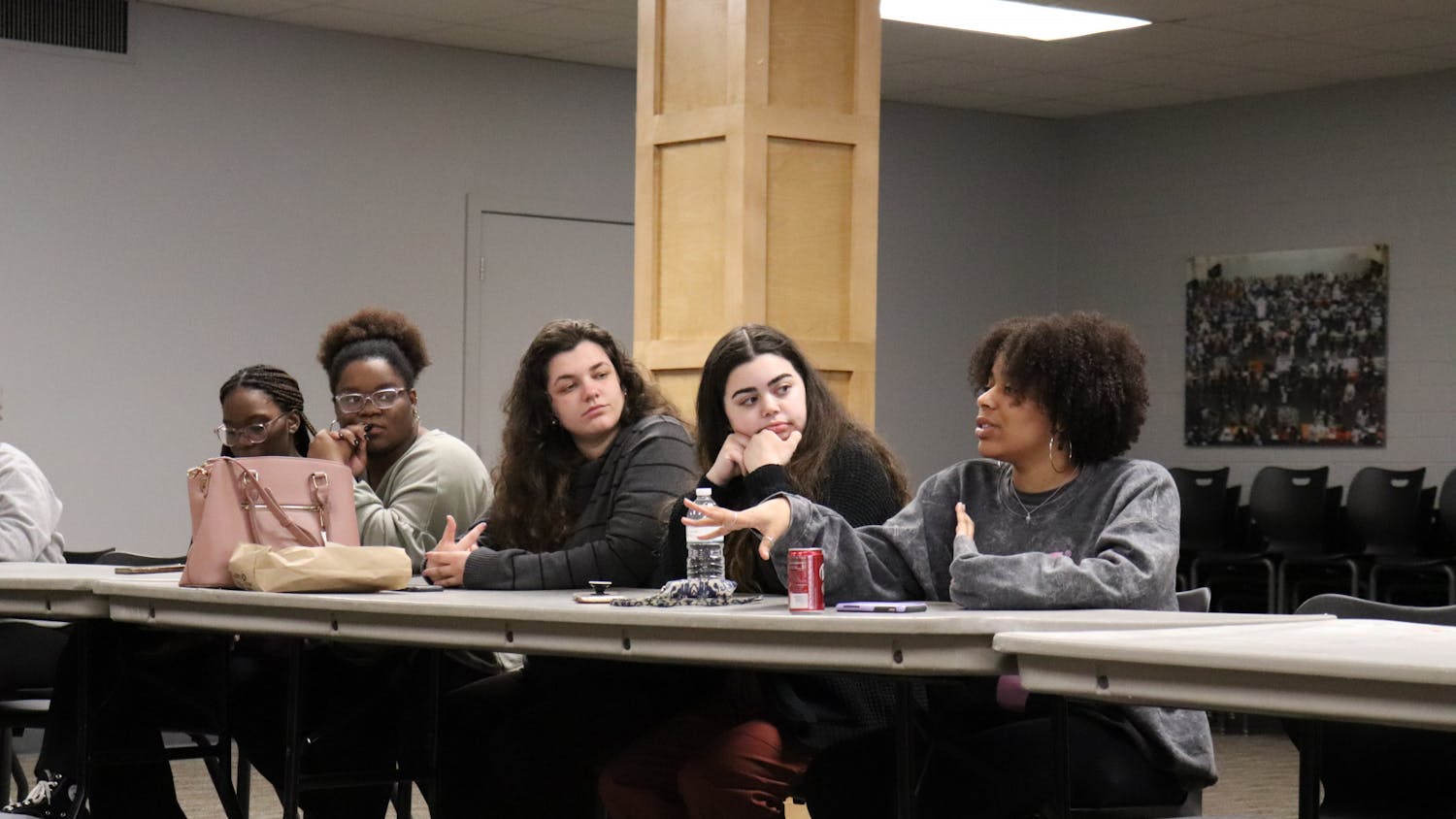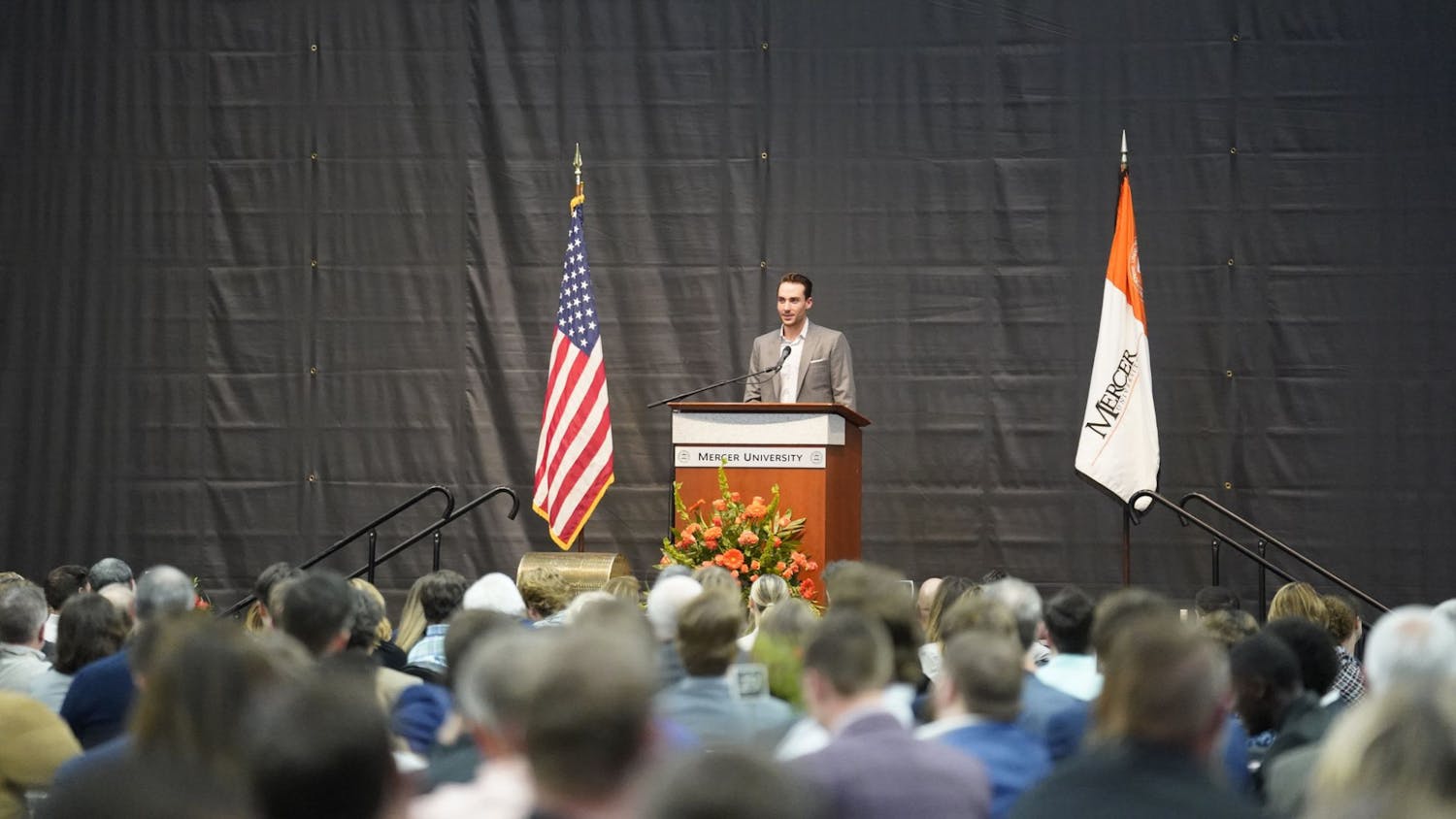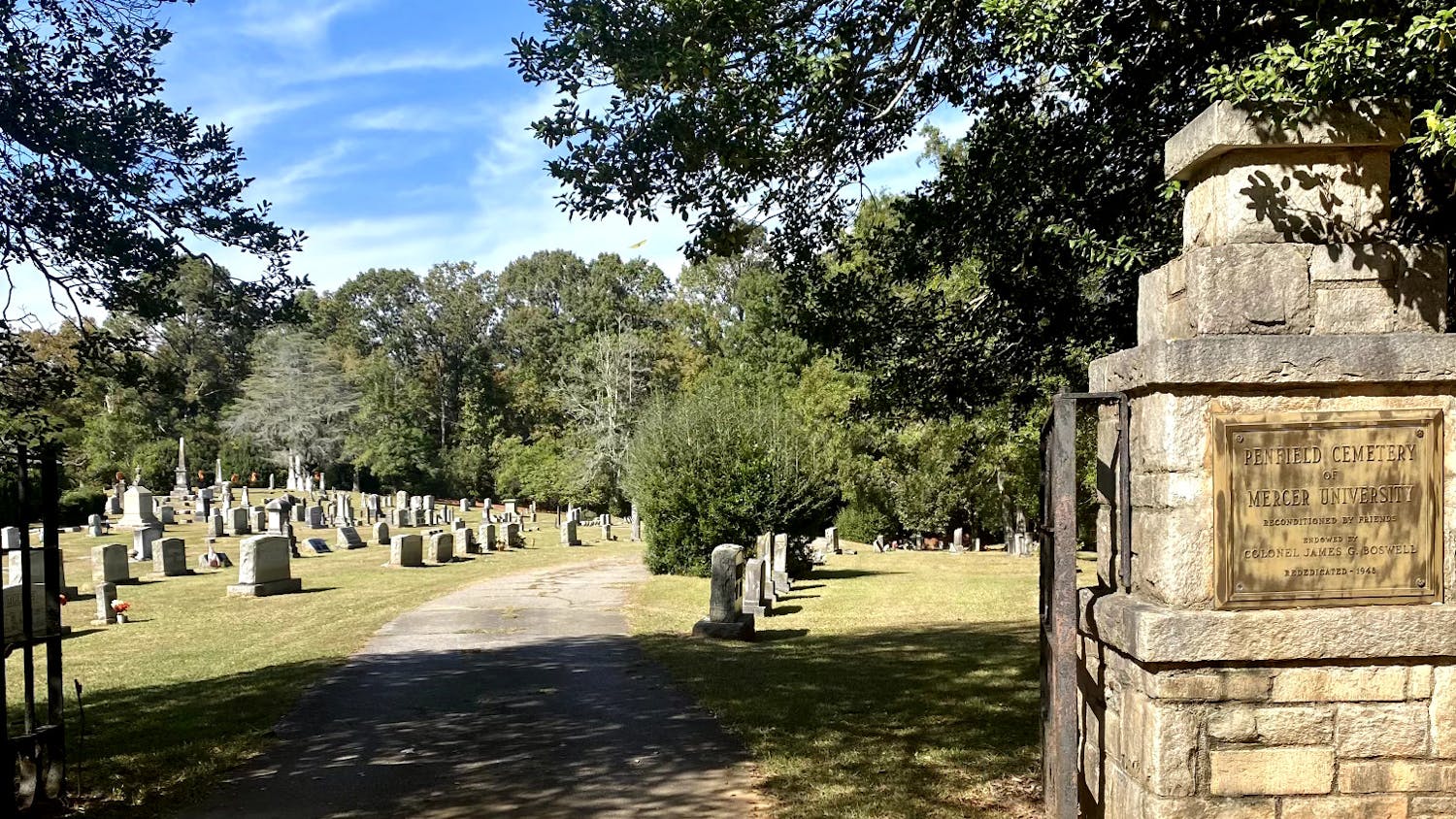The Southeast Symposium of the American Journalism Historians Association (AJHA) was an annual event leading into 2020 but just had its first meeting since COVID-19. The AJHA was founded in 1981 and has provided students at all levels of study opportunities to present their research on the history of journalism and how history is captured by media and journalism of that day.
I had an opportunity this year to travel down to Panama City, Florida with my roommates to present research at the symposium. I had been working last semester on researching the era of yellow journalism, which is the origin of many modern characteristics of newspapers and helped to shape the concept of a “journalist” in pop culture and the public eye.
I had only previously presented at conferences for Great Books, which were a tad too much like my Socratic seminars in high school, but at least familiar enough. I was a little nervous about a more formal presentation environment, as was my friend, Sam Tupper, who had been in the class with me last year exploring the power and potential of documentary films in his own research.
Bright and early Thursday morning at 9 a.m., the five students gathered with our professor, Jay Black, loaded up our suitcases and hit the road in the early morning haze and rain. It was five hours to Panama City without stops, but luckily we gained an hour with the time change.
When we arrived, the rain had followed us, but the evening sun was coming through, so we decided to risk the beach. Our hotel wasn’t too far from St. Andrew’s State Park, so we drove over and I saw the Gulf Coast for the first time. It was beautiful — the sun peeking through the clouds on the waves was something I’ll remember for a long time.
Friday was prep day, so the five of us spent a while working on our presentations. We also went and met some of the other presenters from the University of Alabama who were all working on their master's or doctorate degrees.
At 4 p.m., the conference opened with a brief talk by Dianne Bragg, University of Alabama, on the symposium, its history and how it was the first year back since COVID. She introduced Black, who spent some time talking about the McCarthy era, comics, his new book and how comics have always been anti-authority or anti-establishment in orientation. His book, "Walt Kelly and Pogo: The Art of the Political Swamp," includes much of the original strip and its commentary against major authoritarian figures of the day, like Joseph McCarthy, and how Kelly got away with it.
That night, all of the presenters and faculty went together to a local restaurant called J. Michael's, a bit of a grease trap covered in road signs, posters and license plates with old-fashioned shotguns and one-dollar bills covering the walls and ceiling. After dinner and a few more hours of polish for my paper and PowerPoint, I went to bed, ready to be the first presenter of the symposium the next morning.
I rolled out of bed Saturday morning and nearly whacked my head on the shelf they had implemented between the beds as a nightstand. I looked at my grandfather’s suit hanging in the closet and my stomach twisted. I always get nervous before presenting, but today was worse somehow. I grabbed a cup of coffee, double-checked my presentation and hoped for the best. I was worried for nothing.
Everyone was very attentive, the questions were interesting and relevant, and I felt prepared to answer them. I spend the rest of the day taking notes on the various presentations, clapping for the awards ceremony and enjoying time with my friends. That evening we went down to Pier Park and watched the fireworks they were shooting off for Panama City’s Mardi Gras. It was a great way to finish our trip.
The following morning, when we loaded up the cars and headed back north to Macon, the laptops came out immediately and any leftover homework was the main focus for the long drive back.
Out of all the conferences I have presented at, I enjoyed the symposium the most. It felt a lot more like an academic presentation, even if the actual proceedings were a little less engaging than my experience with the Great Books conferences I had been to with the Association for Core Texts and Courses.
For those looking to present soon, whether at BEAR Day, a conference or another opportunity: do it. The experience is always helpful, whether or not you feel prepared or ready. You learn about your own comfort, capability and competence under pressure, which is huge for anyone looking to go to grad school or continue in the research field, but also for everyone else. There will be a time when you need to present, whether for your city council, your boss or your clients, and experience helps in every circumstance.
Henry Keating '24 is a Journalism and History student at Mercer. He has worked at The Cluster as SGA correspondent, State and Local News Editor, Managing Editor and now as the Editor-in-Chief. Henry has held internships at the Macon Newsroom, Macon Telegraph, and Greenville Post and Courier. He enjoys backpacking, rom-coms, pottery and photography.





